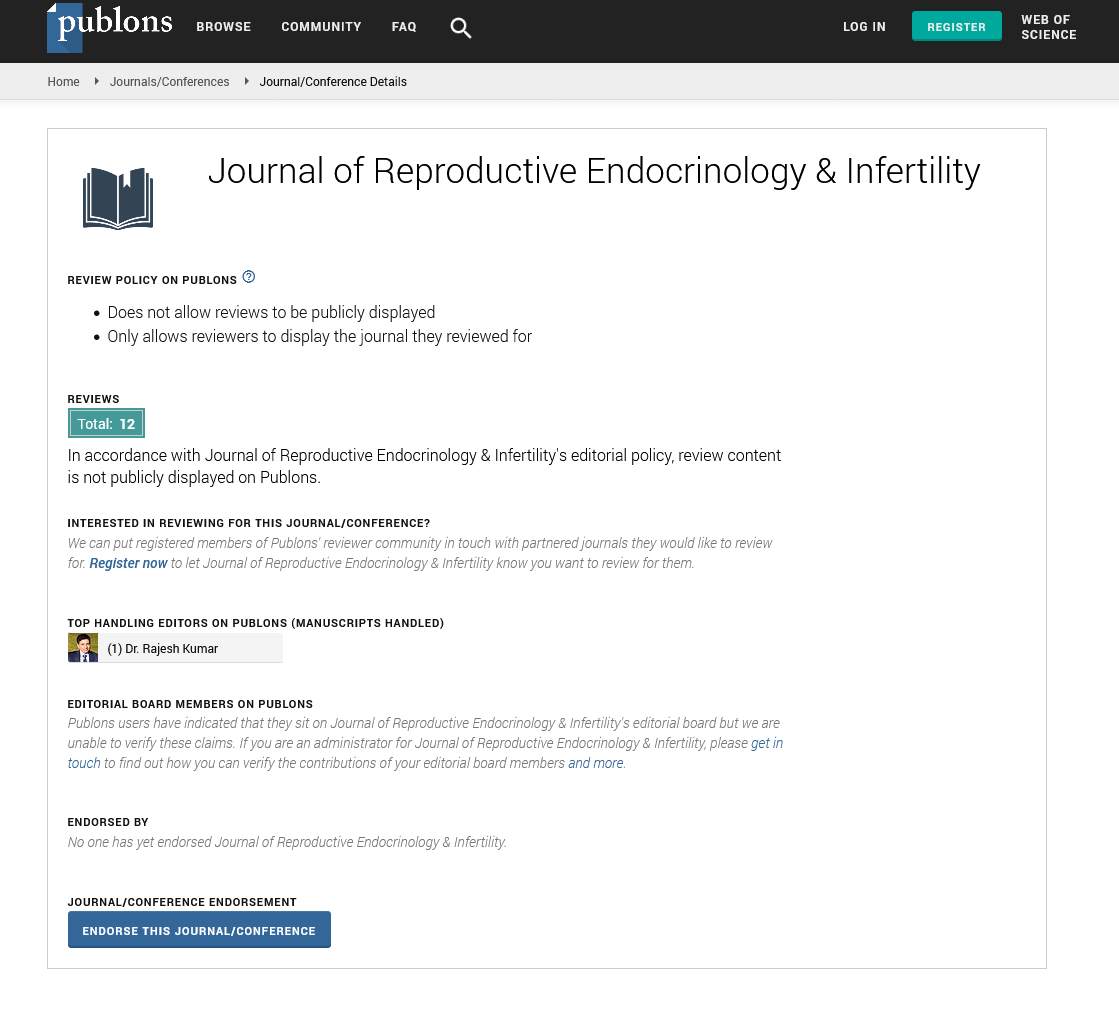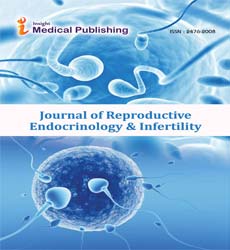Abstract
Treatment of Infertility: As Simple as a Piece of Cake
When a patient phoned me for an appointment, and wanted my help to become pregnant, I first asked her “when was your last period?” The first day she started her menstrual period was then called Day 1. We asked her to come to see the doctor on Day 12. On the 12th day, we did routine exams and blood ELISA tests: Follicular Stimulating Hormone (FSH), Luteinizing Hormone (LH), Estrogen, Progesterone Prolactin (PRL), Testosterone and A Transvaginal Ultrasound (TVU). When you do a TVU on Day 12 to 14, if you find one oocyte close to 20mm and a routine check of Cervix Mucous Score (CMS) close to 12 and the patient is over her 40th year, she can never be pregnant. The reason is that the oocyte can’t come out from the membrane of the ovary to meet the sperm. In ordinary women’s menstrual cycle, there is a natural peak of the hormone Progesterone occurring on Day 14. With the help of a Human Chorionic Gonadotropin (HCG 10,000IU) by Intramuscular injection on day 14, there will be an artificial peak of Progesterone, to stimulate the oocyte to come out of ovarian membrane (artificial ovulation). On the day of HCG injection, we told tell her to have coitis or sexual intercourse for three continual days. We then tell her husband to refrain from having sex and to wait until after the next ovulation treatment plan, A lot of women however became pregnant without having the next treatment plan. Too much and frequent sex may decrease the number and quality of the sperm. I told couples to have sex 3 days per month on Day 13, 14 and 15th and invariably they succeeded in getting pregnant. This is usually called ‘natural contraception’, when they only use a condom on Days 12 to 16. We saw hundreds of women with Polycystic Ovarian Syndrome (PCOS), who had typical clinical symptoms as hirsutism. PCOS is easily detected under TVU (about 10 oocytes less than 10 mm) and LH/FSH >3/1.
Author(s):
Wu Y
Abstract | Full-Text | PDF
Share this

Google scholar citation report
Citations : 43
Journal of Reproductive Endocrinology & Infertility peer review process verified at publons
Abstracted/Indexed in
- Google Scholar
- Sherpa Romeo
- China National Knowledge Infrastructure (CNKI)
- Publons
- International Committee of Medical Journal Editors (ICMJE)
- Secret Search Engine Labs
Open Access Journals
- Aquaculture & Veterinary Science
- Chemistry & Chemical Sciences
- Clinical Sciences
- Engineering
- General Science
- Genetics & Molecular Biology
- Health Care & Nursing
- Immunology & Microbiology
- Materials Science
- Mathematics & Physics
- Medical Sciences
- Neurology & Psychiatry
- Oncology & Cancer Science
- Pharmaceutical Sciences


